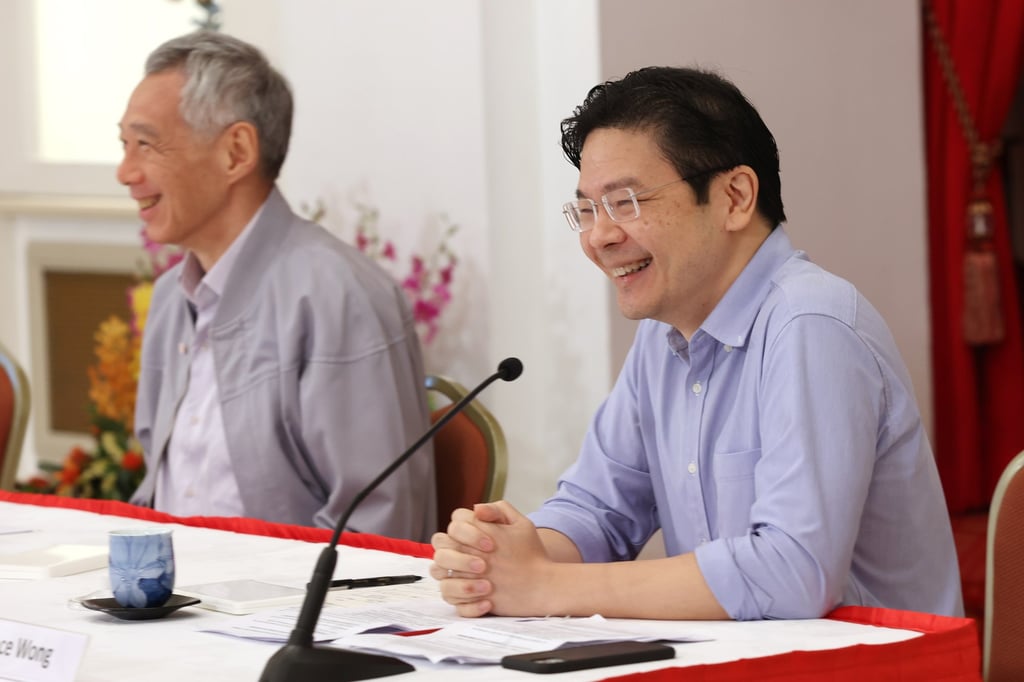Advertisement
Will Rishi Sunak’s rise in UK prompt soul-searching in Chinese-majority Singapore?
- Singapore’s three prime ministers are all of Chinese descent, but observers note Sunak’s rise should not be ‘romanticised’ as he was chosen by a small circle of Tory MPs
- Observers also question whether takeaway should be about a person from an ethnic minority group being PM or that a ‘ridiculously rich elite’ could take the top job
Reading Time:3 minutes
Why you can trust SCMP
68

Dewey Simin Singapore
Rishi Sunak has succeeded the embattled Liz Truss to become the first person of colour to lead Britain, a move that has been described as historic and evolutionary for UK politics.
In India – the crown of Britain’s erstwhile empire – jubilation appeared to be widespread over a person of Indian origin becoming the leader of the country’s former colonial ruler.
In Singapore, another Asian ex-British colony, Sunak’s ascent has also proved to be a subject of intense social media chatter, with commentators pondering whether there were lessons to be gleaned on pathways for a person from a minority group to take on top leadership positions.
Advertisement
Chinese-majority Singapore has for years grappled with the question of whether a person from its ethnic minority groups could one day become prime minister, the country’s most powerful political position.

Its three prime ministers, including current leader Lee Hsien Loong and his designated successor Lawrence Wong, are all of Chinese descent.
Advertisement
Advertisement
Select Voice
Select Speed
1.00x